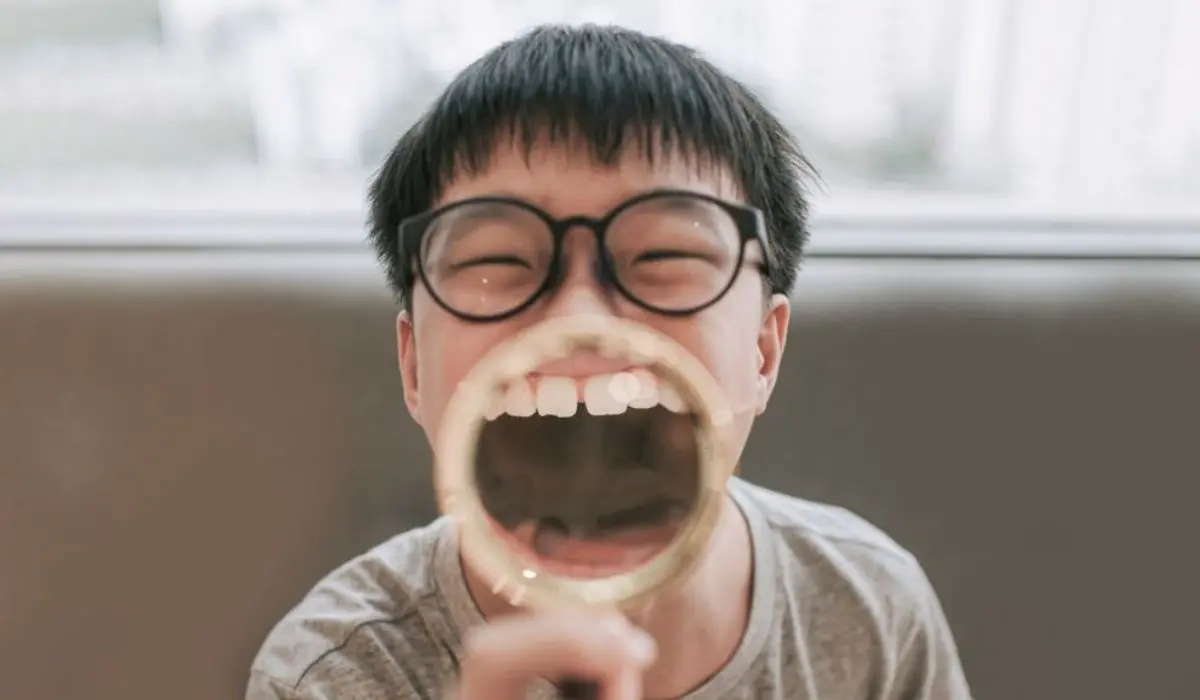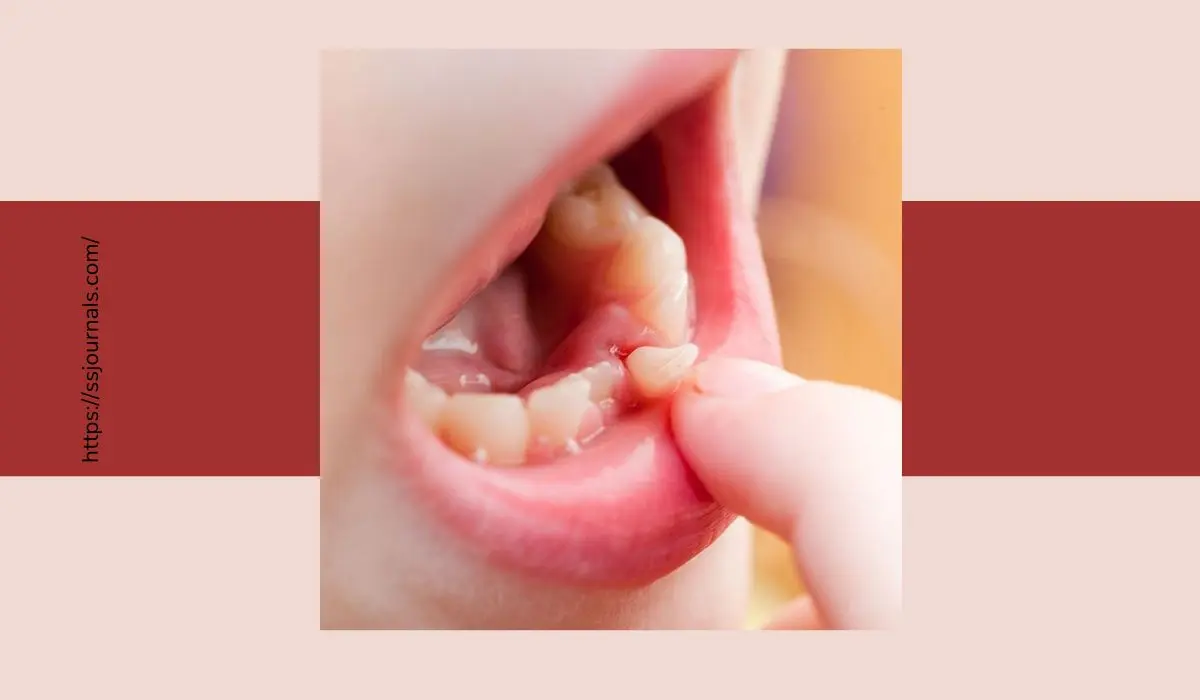One of the first major milestones for young children is losing their baby teeth. The process of primary teeth falling out and permanent teeth growing in is known as tooth exfoliation. It is a normal part of development that allows children to transition from having 20 deciduous (baby) teeth to 32 permanent adult teeth. But at what age do kids start to lose teeth and what can parents expect as their child’s teeth begin falling out?
What Age Do Children Normally Begin Losing Teeth?
Typically, children will begin to lose their first baby teeth around age 5 or 6. The two bottom front teeth are often the first primary teeth to fall out, followed by the two top front teeth. However, tooth exfoliation can start as early as age 4 or as late as age 7. Girls often lose their first tooth a few months earlier than boys on average.

Tooth loss tends to follow a sequence, starting with the two bottom front teeth, and then the two top front teeth. Next, the lower and upper lateral incisors located on either side of the front teeth will loosen and fall out.
Following this, the first molars in the back of the mouth will be replaced. Finally, children replace their canines (pointed teeth on either side of the lateral incisors) between ages 9-12. This sequential order may vary.
Most kids will have lost all 20 of their primary teeth by age 12 or 13. The age range however can be quite wide, as some children won’t completely lose their baby teeth until their teenage years. For most, the process takes about 6 years from start to finish.
Also Check: Is Jawzrsize Bad For Teeth? Let’s Find Out The Truth!
What To Expect When Baby Teeth Fall Out?
As a baby tooth becomes loose, the permanent tooth under the gums starts putting pressure on it, loosening the root. Some signs to look for include:
➜ Increased space or gap between teeth
➜ Teeth that appear raised or pushed upward
➜ Loose teeth that wiggle easily
➜ Teeth that are sensitive to hot or cold foods
➜ Slight reddening or inflammation of the gums around a loose tooth
Typically tooth loss is painless, although a tooth may hurt as it becomes very loose. Gently wiggling and pulling on the tooth can help it come out once ready. Most kids are excited about losing teeth and wait in anticipation for them to fall out.
Once a tooth falls out, some light bleeding may occur. Simply apply pressure with a wet gauze pad or washcloth for a few minutes. The empty socket will heal within 7-10 days.
Conclusion
Losing baby teeth and gaining permanent teeth is an important developmental process that usually begins around age 5 or 6. While kids are eager for their teeth to fall out, parents can expect some mouth pain and discomfort as the process takes place over several years. Knowing the order teeth are typically lost and the signs to look out for can help families prepare for this childhood milestone.
FAQ
Sometimes a stubborn baby tooth refuses to come out on its own. If a permanent tooth is coming in and the primary tooth is still rooted, your dentist may recommend extraction or removal of the baby tooth to allow the permanent one to erupt properly.
If your child suffers an injury causing premature loss of a primary tooth, don’t panic. Contact your pediatric dentist, as steps can be taken to save space for the permanent tooth to come in. They may insert a space maintainer appliance to hold the empty space ope
Apply cold compression like an ice pack wrapped in a cloth to reduce pain and swelling. Give acetaminophen as needed for pain relief. Soft, lukewarm foods are easiest to chew. Avoid very hot or cold foods on tender teeth.
Kids often swallow their teeth while sleeping or playing. This presents little to no risk of harm as long as the tooth is a primary tooth. Stomach acid will naturally dissolve the soft roots over time. Just explain that the Tooth Fairy can’t retrieve teeth that are swallowed!
Take your child for a first dental exam by age 1, and every 6 months thereafter. The dentist will monitor development of the jaw and emerging teeth, watching for potential orthodontic problems. Regular dental visits help ensure healthy permanent teeth.
More: Calcium Deficiency And Your Teeth: Signs, Causes & Prevention

